Is there a way to build friendship with your child in a way that doesn’t bring disrespect? The answer is yes.
Building a strong bond with your child while maintaining respect and authority may be challenging, but it is achievable. Friendship between a parent and a child creates an atmosphere of trust, openness, and mutual respect, which forms the foundation of a healthy relationship.
Here’s how you can build this friendship without compromising on respect or boundaries:
1. Communicate Openly and Listen Actively
A strong friendship with your child begins with open and honest communication. Encourage your child to share their thoughts, feelings, and experiences without fear of judgment. When they open up, give them your full attention by maintaining eye contact and validating their emotions.
For example, if your child is upset about an incident at school, listen without interrupting and acknowledge their feelings by saying, “I understand why that would make you feel upset.”
Avoid dismissing their concerns, as this can damage trust. Open communication fosters a deeper bond, making your child feel heard and respected.
2. Spend Quality Time Together
Dedicating quality time to your child strengthens your bond. Engage in activities they enjoy, such as playing games, cooking, or simply talking about their day.
Let them take the lead in choosing activities occasionally to show that you value their opinions and interests.
For example, you might set aside one evening every week for a special activity, like watching a favorite movie or baking together. During these moments, avoid distractions like work or your phone. Shared experiences create lasting memories and reinforce the idea that your relationship is built on love and respect.
Also Read:
- How to Teach Your Child About Money and Boost Their Financial Stability
- Follow These Strategies to Raise a Smart and Confident Child
- How to Stop Yelling and Spanking Your Child
3. Practice Positive Discipline
Discipline is an essential part of parenting, but it doesn’t have to harm your friendship. You can still build a meaning relationship with your child without taking away discipline.
Positive discipline focuses on teaching and guiding rather than punishing.
Instead of saying, “You’re grounded for forgetting your homework,” try saying, “Let’s talk about why it’s important to stay on top of your assignments and how we can avoid this in the future.”
This approach shows your child that you care about their growth and success. Positive discipline fosters fairness and mutual respect, strengthening your relationship.
4. Foster Independence and Respect Their Choices
Encouraging your child to make decisions helps build their confidence and shows that you respect their judgment.
Allow them to make age-appropriate choices, even if you know they might make mistakes.
For instance, let them pick their outfit for the day or decide how to spend their free time. When they make mistakes, use these moments as learning opportunities instead of stepping in to fix everything.
Respecting their individuality strengthens their self-esteem and deepens your connection with them.
5. Build Trust Through Consistency
Trust is the foundation of any friendship, including the one you share with your child. Build trust by being consistent in your actions and words. Keep your promises, no matter how small, and own up to any mistakes you make.
For example, if you promised to attend their school play, make sure you show up. If something unavoidable comes up, apologize and explain. Modeling honesty and accountability teaches your child the value of trust and integrity, deepening your bond.
6. Show Empathy and Understanding
Empathy is an essential key required when you want to build a strong friendship with your child. Put yourself in their shoes and try to understand their perspective, even when you don’t agree.
When your child expresses frustration or sadness, acknowledge their feelings by saying, “It sounds like you’re feeling frustrated about that.”
This validation creates an atmosphere of safety and acceptance, encouraging them to be open with you. Empathy helps your child feel understood and valued.
7. Celebrate Their Achievements
Acknowledging your child’s efforts and achievements, no matter how small reinforces their self-esteem and strengthens your relationship with them. Celebrate milestones such as completing a school project or mastering a new skill.
For instance, if your child finishes a drawing, praise their effort by saying, “You worked so hard on this—it’s amazing!” Celebrations don’t have to be extravagant; even a simple compliment or a high-five can go a long way in showing your child that you appreciate their hard work.
8. Avoid Criticism and Practice Constructive Feedback
Criticism can damage a child’s self-esteem and strain your relationship. Instead of pointing out flaws, offer constructive feedback that encourages improvement.
For example, instead of saying, “You did that wrong,” try saying, “I love how you’re improving—here’s one way you can make it even better.” This approach helps your child see mistakes as opportunities to learn and grow, fostering a positive outlook and strengthening your bond.
9. Maintain Boundaries While Being Approachable
Being a parent-friend means balancing authority and approachability. Set clear boundaries to guide your child, but remain empathetic and understanding.
For example, if they break a rule, explain why the rule exists and discuss the consequences calmly. This balance ensures that your child sees you as a trusted guide who has their best interests at heart, even when enforcing boundaries.
10. Be Patient and Consistent
It takes so much time and effort to build a strong friendship with your child. Be patient as you overcome challenges and remain consistent in your actions. Children thrive when they feel secure in their relationships with their parents.
For instance, if your child struggles with opening up, continue to create opportunities for communication without forcing it. Over time, your consistency will show them that you’re always there for them, deepening your bond.
Also Read:
- How to Teach Your Child Independence at an Early Age
- Do This to Help Your Child Read and Write Faster
- How to Teach Your Child in a Way They Will Learn Faster
Conclusion:
Building a friendship with your child without disrespect requires open communication, empathy, trust, and patience.
When you build a relationship based on mutual respect and understanding, you create a supportive environment where your child feels valued and loved.
This bond not only strengthens your connection but also sets the stage for a lifelong friendship rooted in respect and trust.
Remember that the goal is to build a bond that transcends the traditional parent-child dynamic, evolving into a partnership characterized by open communication, shared experiences, and mutual support.
This enduring friendship will not only enrich your lives but also equip your child with the skills and values necessary to build healthy relationships with others throughout their life.
In this way, the friendship you establish today can have a profound and lasting impact on your child’s future, shaping them into a confident, empathetic, and respectful individual who will make the world a better place.
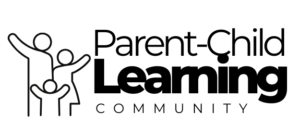


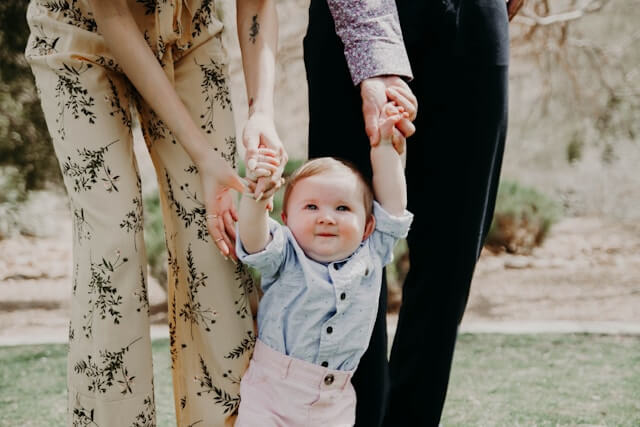
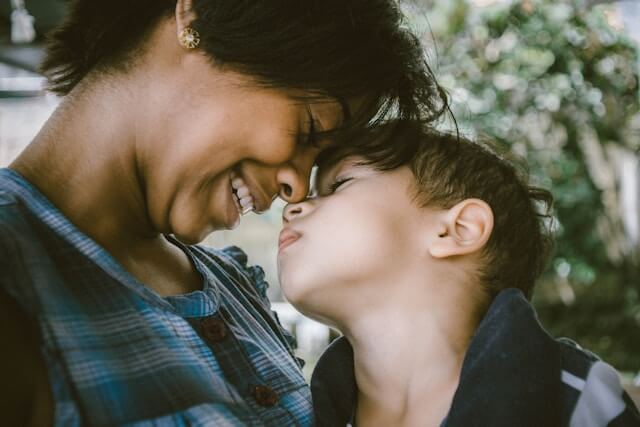


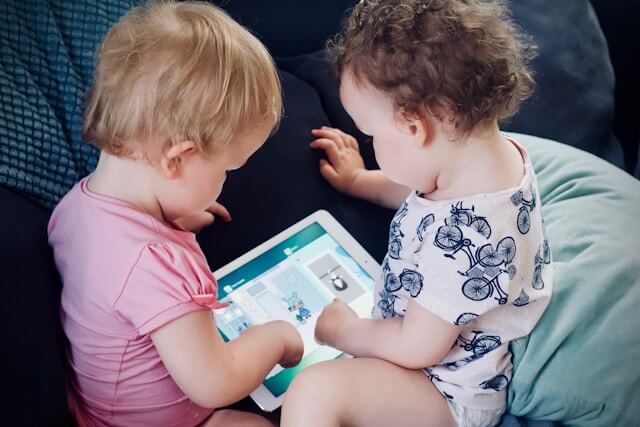



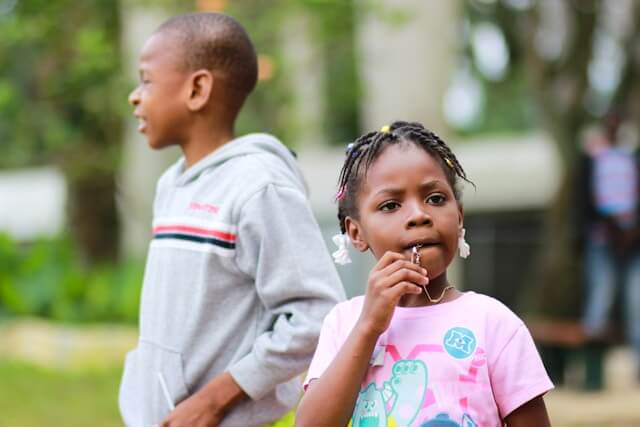





Thanks for sharing this insight. I appreciate.
I’m Glad you got value, please share